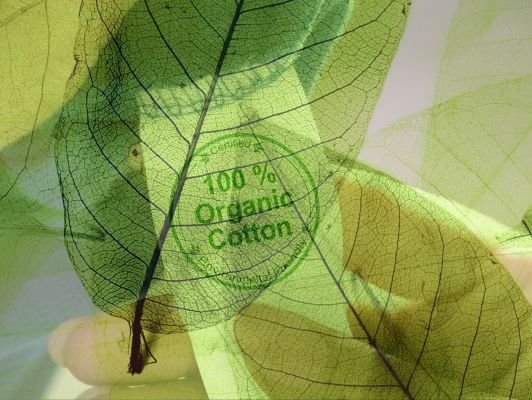The fast fashion industry has drastically transformed this industry, but not in a good way. This business generates enormous quantities of trash, since we send nearly 40 million tonnes of textiles to landfills or incineration each year.

In sum, the sector accounts for more than 8% of total greenhouse gas emissions – almost the same amount as the economies of France, Germany, and the United Kingdom combined.
Every year, global fashion industry generates 100 billion new garments, with 87 percent of them ending up in a landfill or incinerator. Microplastics are released when synthetic clothing is washed, accounting for 35% of all ocean microplastic contamination.
The Fashion for the Earth initiative by EARTHDAY.ORG aims to raise awareness about “Sustainable Practices.”

It seeks to redirect the industry and customers away from fast fashion and toward more sustainable methods in sourcing, production, distribution, marketing, and consumption.
EARTHDAY.ORG is establishing a new store that sells only organic apparel and totes. These goods begin with organic cotton farmed in northern India, where monsoons fill reservoirs that provide nearly all of the water required.

Organic farming promotes biodiversity and results in our goods being exceptionally soft. Lower impact inks, software, machinery, and automation technologies are used in modern manufacturing, and the work force is SA8000 certified.
The manufacturers employ renewable energy, and shipping is done without the usage of plastic.
Reference- Earth Day Newsletter, CBS, BBC, Forbes, Business of Fashion magazine Report






